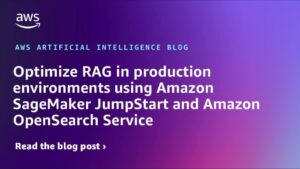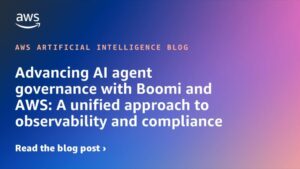The detection and use of biomarkers in cancer treatment has revolutionized oncology medicine, presenting new opportunities to improve the survival and quality of life of patients. Biomarkers are biological molecules that indicate normal or abnormal processes in the body and are essential for distinguishing affected patients from those without the disease. Among the most well-known biomarkers are EGFR for lung cancer, HER2 for breast cancer, and PSA for prostate cancer.
Despite advances in medical science, the process of approving oncology drugs remains incredibly challenging, with success rates from Phase I to final approval at just 5%. However, recent studies highlight that the use of biomarkers can significantly increase this success rate. A study analyzing 1,079 oncology drugs found that those developed alongside a significant biomarker showed a success rate of 24%, compared to a meager 6% for those without biomarkers in their development.
The main challenge for scientists dedicated to cancer research is to efficiently identify and validate new biomarkers. This process often requires countless hours of manual searching, summarizing, and interpreting data scattered in biomedical literature, scientific databases, and internal business data.
In this context, Amazon has introduced a significant innovation with its Amazon Bedrock Agents platform, designed to automate multi-step tasks, allowing researchers to easily navigate through enterprise systems, APIs, and data sources. This system is notable for facilitating collaboration among specialized agents, promoting the analysis of complex data more efficiently and accessibly.
Through a lung cancer example, Amazon has demonstrated how automated workflows enable the combination of clinical information, genetic data, and computerized images to provide faster and more accurate answers to research questions. These advanced agents can self-review, plan actions, and break down complex tasks into simpler steps, generating a clear thought process towards the final solution, thereby increasing user confidence.
Furthermore, the solution offers the ability to consult Amazon Bedrock’s knowledge bases, a repository storing vectorized source data information to complement agent responses, thus enhancing the quality and accuracy of the provided information. This capability is particularly useful for domain-specific queries that may not be covered by the general language model knowledge.
The potential impact of this technology on advancing pharmaceutical research and efficiently developing clinical trials could be monumental, showcasing how automation and artificial intelligence can transform the oncology field. With the availability of the code for this solution on GitHub, the scientific and technological community is invited to explore and build upon this innovative template.
via: MiMub in Spanish












